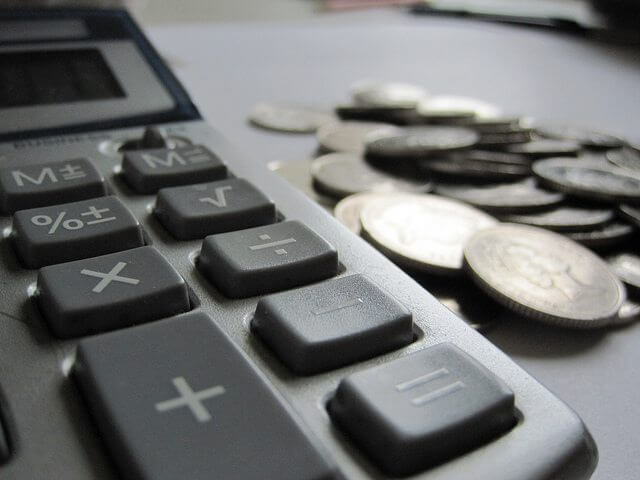As stated in Statutory Damages Under Copyright Law, “an infringer of copyright is liable for either —
(1) the copyright owner’s actual damages and any additional profits of the infringer; or
(2) statutory damages.” 17 U.S.C. §504(a).
In addition to the actual damages entitled to the copyright owner who suffered as a result of the infringement, the copyright owner is also entitled to “any profits of the infringer that are attributable to the infringement and are not taken into account in computing the actual damages.” 17 U.S.C. §504(b).
Defined
While the Copyright Act of 1976 (hereinafter Copyright Act) fails to provide a definition of actual damages, courts have defined actual damages over the years. The award of the owner’s actual damages looks at the facts from the point of view of they copyright owner; it undertakes to compensate the owner for any harm he suffered by reason of the infringer’s illegal act. See generally Fitzgerald Publ’g Co. v. Baylor Publ’g Co., 807 F.2d 1110, 1118 (2d Cir.1986); Walker v. Forbes, Inc., 28 F.3d 409, 412 (4th Cir.1994). Courts and commentators agree that actual damages should be broadly construed to favor victims of infringement. On Davis v. The Gap, Inc., 246 F.3d 152, 164 (2d Cir. 2001), as amended (May 15, 2001) (citing William F. Patry, Copyright Law and Practice 1167 (1994) (“Within reason, any ambiguities should be resolved in favor of the copyright owner.”)
It may help to distinguish actual damages from statutory damages as discussed in Statutory Damages Under Copyright Law. Actual damages are damages suffered by someone that can be precisely measured as a result of another’s wrongdoing. [link:] [http://www.lectlaw.com/def/d003.htm]]. Statutory damages are damages that may be awarded in civil law and are stipulated in a statute of the law rather than being measured by the degree of harm to the plaintiff.
Requirements
“In establishing the infringer’s profits, the copyright owner is required to present proof only of the infringer’s gross revenue, and the infringer is required to prove his or her deductible expenses and the elements of profit attributable to factors other than the copyrighted work.” 17 U.S.C. §504(b).
Burden Shifting
However, when seeking advice on actual damages under copyright law, a consumer should make sure his counsel has a good grasp on how burden shifting in copyright works. Simply reading the statute does not reveal the practical application of the law that is displayed in courts today.
According to the American Bar Association, the plaintiff has the burden to demonstrate a casual connection or nexus between the defendant’s revenues or profits before the apportionment occurred and the infringement; “if the plaintiff does so, then the burden shifts to the defendant to prove that those profits are attributable to factors other than the infringement.”
Summary Judgment
Summary judgment under the issue of infringer’s profits has become a very complex and confusing issue in copyright law due to the burden shifting. “To survive summary judgment of an actual damages claim, a copyright holder ‘must show that the thing taken had a fair market value,’ [which is derived from an objective inquiry]. Evidence of the owner’s prior sale or licensing of copyrighted work will satisfy this burden when it is “sufficiently concrete.” Dash v. Mayweather, 731 F.3d 303, 318 (4th Cir. 2013) (citing On Davis, 246 F.3d at 161, 166). This burden may be difficult for a first-time copyright holder. Therefore, the court goes on to say that such evidence is not required to defeat a motion for summary judgment. Rather, evidence of licensing fees that have been paid to other artists for use of other works may be sufficient in some cases as long as the evidence is not too speculative. Id. at 319.
In Dash, the court explicitly laid out the three ways in which a defendant can prevail on summary judgment on the issue of infringer’s profits. According to the American Bar Association, these three ways include:
- the defendant can argue that the plaintiff cannot show a conceivable connection between the infringement and the claimed revenues;
- the defendant can argue that despite a conceivable connection, the plaintiff has not presented sufficient evidence of a causal link between the infringement and the profits; or
- a defendant can seek summary judgment on the grounds that all of the claimed revenues are attributable to factors other than the infringement. (See ABA link above).
For more information about actual damages under copyright law, contact Revision Legal’s copyright attorneys through the form on this page or call (855) 473-8474.




